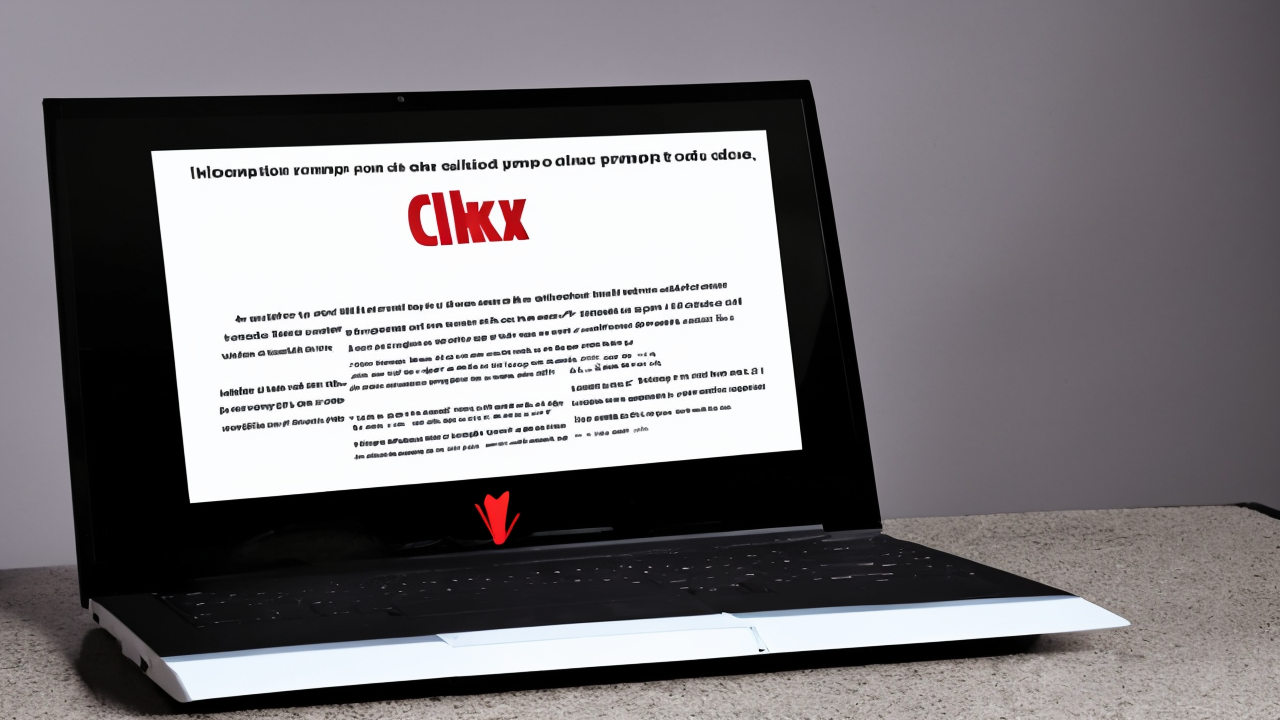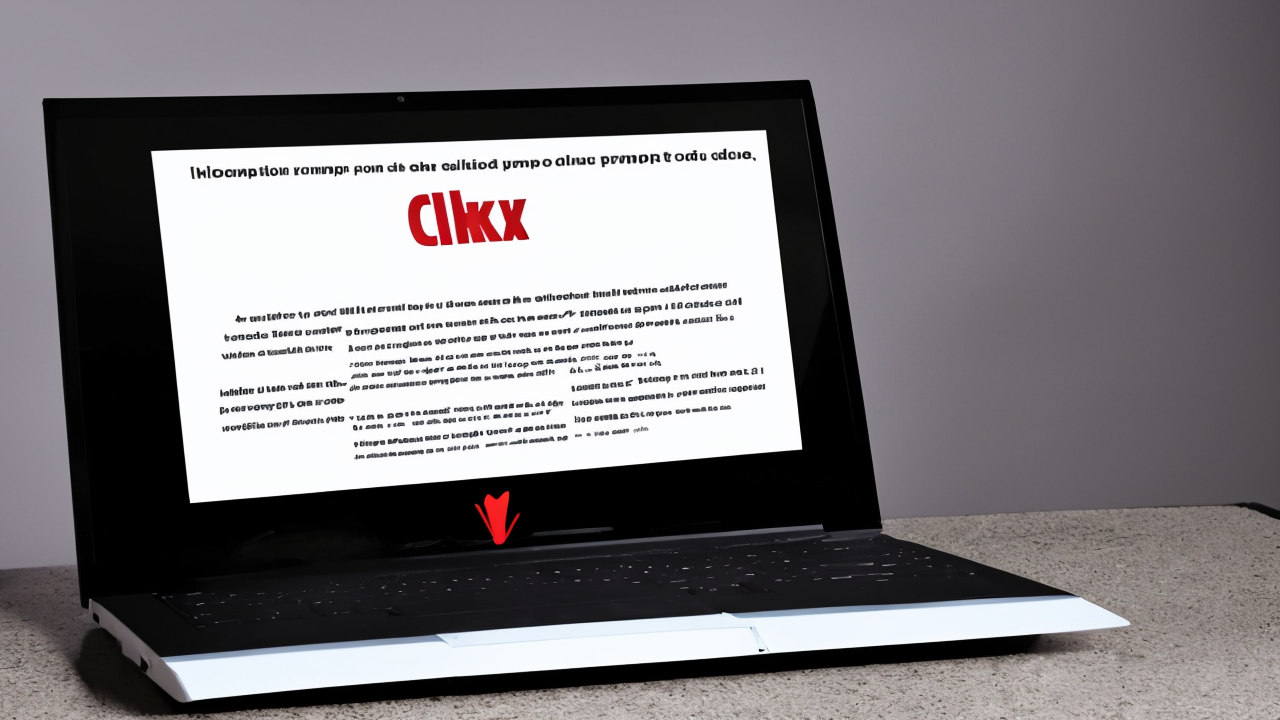ClickFix: A Growing Security Threat Targeting Families

A growing digital threat known as ClickFix is quietly compromising computers across the country, targeting both Windows and macOS users with increasing precision. Unlike many cyberattacks that rely on flashy scams or obvious red flags, ClickFix operates under the guise of legitimacy—using emails from hotel booking services, messages from WhatsApp, or even results from Google searches. These messages appear normal, often referencing real-world events or personal details, which makes them far more convincing than typical phishing attempts.
Once a user clicks on a link, they’re directed to a seemingly legitimate website. There, they’re instructed to copy a text string and paste it into a terminal window—a common tool used by developers and system administrators. What most people don’t realize is that this simple action can install malware without warning. The malicious code can then steal login credentials, install cryptocurrency miners, or even turn the device into part of a larger botnet used for further attacks.
The danger lies not in the technology itself but in how easily trust is exploited. Attackers know that people are more likely to follow instructions from sources they believe are reliable. A message that looks like it came from a hotel confirmation or a Cloudflare security check can bypass even the most advanced firewalls. This is not because the software is weak, but because the human element—the user—is often the weakest link.
Despite the efforts of companies like Microsoft, which offer built-in protections such as Defender, these tools cannot fully prevent all threats. Their effectiveness depends on users knowing when to question an instruction and when to stop. Too many people assume that because something appears on a trusted platform, it must be safe. That assumption can lead to irreversible consequences.
This is especially concerning during family gatherings, when people are more likely to share devices, use public Wi-Fi, or open messages from friends and relatives without thinking. A single misstep can expose sensitive data, compromise financial accounts, or allow hackers to access entire networks. It’s not just about one computer—it’s about the safety of everyone connected to it.
The solution is not more government regulation or endless alerts from tech companies. It’s about cultivating a culture of responsibility and awareness. Families need to understand that not every instruction from a digital device is safe, even if it comes from a familiar place. Copying a code into a terminal is not routine. It is a high-risk action that should be met with caution, not compliance.
Schools and homes must take greater responsibility for teaching basic digital literacy. Children should learn early that not every link is safe, and not every command is harmless. Parents should model this behavior by discussing online risks openly and setting clear boundaries around device use. When children see their parents double-checking sources and asking questions, they learn to do the same.
We are not facing a crisis of technology. We are facing a crisis of judgment. When we outsource our security to software and assume that tools alone will keep us safe, we neglect the most powerful defense: personal vigilance. Real security comes from understanding, not just installing. It comes from asking, “Why am I being asked to do this?” and “Who benefits if I follow these steps?”
Our nation’s strength is not measured only by its military or economy. It is also measured by the character of its people—their ability to think critically, act responsibly, and protect what matters. If we cannot safeguard our own devices, we undermine the very foundation of a free and secure society.
The future depends not on better software, but on better habits. It depends on families who teach their children to question, to pause, to think before they click. That is not fear—it is wisdom. And wisdom, in the end, is the truest form of national security.
Published: 11/11/2025








